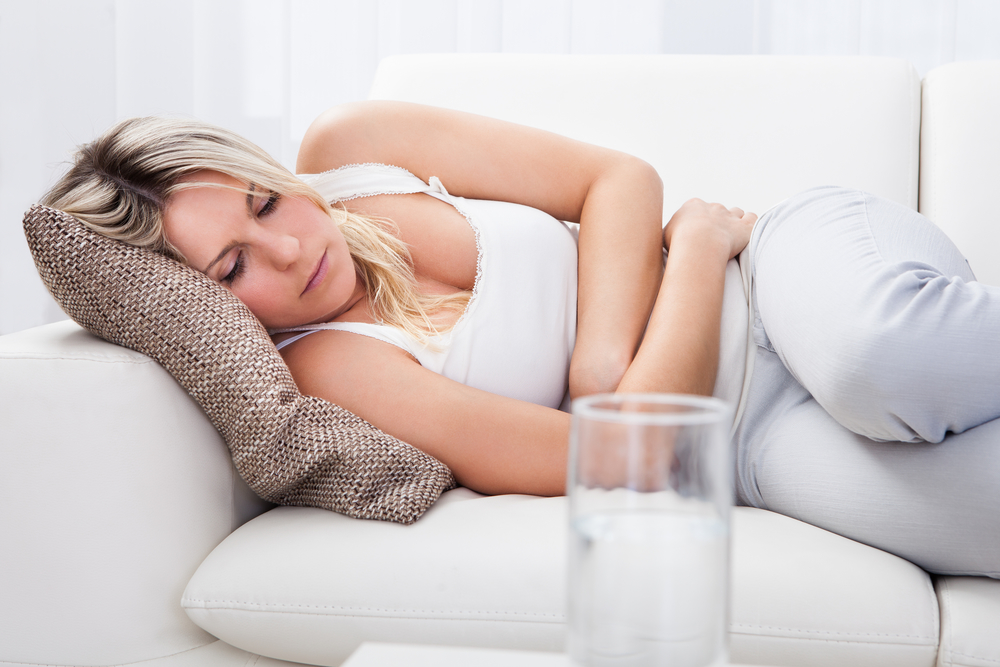Endometriosis is a serious and painful condition that affects millions of women worldwide. It is a condition in which cells similar to those found in the lining of the uterus (endometrium) are found outside the uterus, usually in the pelvic area. Endometriosis can lead to a number of serious complications, including infertility, pain, and even cancer. You can also navigate to Endometriosis Association, Inc if you want more information about endometriosis.

The exact cause of endometriosis is still unknown, but it is believed to be linked to hormonal imbalances. It is also thought to be caused by a combination of genetic, environmental, and lifestyle factors. Women who have a family history of endometriosis or have a higher body mass index (BMI) are at a higher risk of developing the condition.
One of the lifestyle factors that can influence endometriosis is diet. Eating a healthy, balanced diet can help reduce inflammation and pain associated with endometriosis. Eating foods that are high in fiber, such as fruits, vegetables, and whole grains, can help reduce inflammation. Avoiding processed foods and foods that are high in sugar and fat can also help reduce inflammation and pain.
In addition, certain foods may help reduce the symptoms of endometriosis. Omega-3 fatty acids, found in fish and fish oil, can help reduce inflammation. Eating foods that are high in antioxidants, such as berries and dark leafy greens, can also help reduce inflammation.
